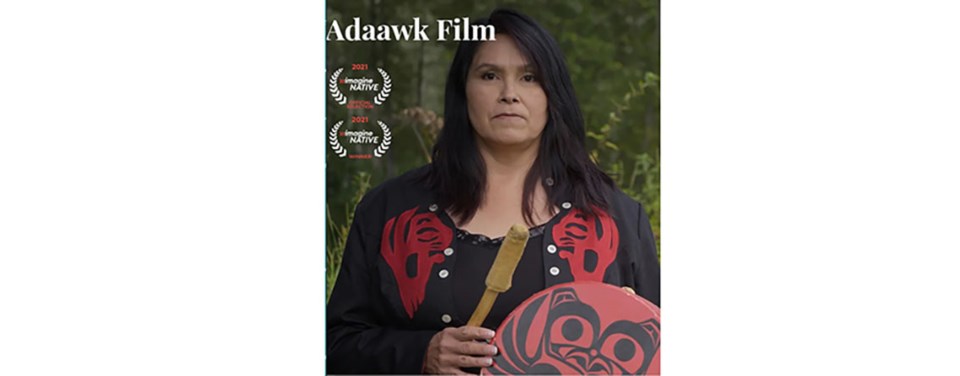It was the fifth anniversary of the day Colten Fleury went missing and on his mother’s face was etched each day’s pain of her loss as Phyllis Fleury shared her story with those seated before her.
The audience was at Famous Players Wednesday night in Prince George to see a documentary that looks into the lives of those who have lost loved ones along the Highway of Tears. The documentary aired in time to acknowledge Red Dress Day to honour murdered and missing Indigenous women and girls.
Lorna Brown is director/producer of the documentary and not only included the Murdered and Missing Indigenous Women and Girls but also the murdered and missing Indigenous men as well and that is why Colten Fleury was included in the documentary.
Phyllis Fleury has dedicated her life to helping the unhoused in Prince George as an outreach worker for the Central Interior Native Health Society in the heart of downtown.
“I do my outreach because if my son is out there then somebody is helping him,” Fleury said.
Carrier Sekani Family Services (CSFS), in partnership with the Indian Residential School Survivors’ Society (IRSSS), hosted the special screening of the film called Adaawk (pronounced a-dow-ick), which means oral history in English.
Producer/director Brown said the purpose behind her film is to put names and faces to the Indigenous women, girls, two-spirited and gender diverse people who have gone missing along the Highway of Tears, and to honour their families.
In the documentary, family members shared their stories of grief and loss addressing the fact that not all families have gotten closure as the young women in their families remain missing.
The documentary showed how impactful it was to see the raising of the Grandmother Commemoration Memorial and Healing Pole near Terrace, that acknowledges their loss and grief.
“We must always take the time to honour and acknowledge those among us who were taken so tragically and their families and communities,” Julie Daum, CSFS Executive Director of Justice, said as the master of ceremonies at the screening.
“We must remember and take the time to reflect on who and what we lost. I appreciate all those who work to commemorate them.”
For more information about the documentary visit .



